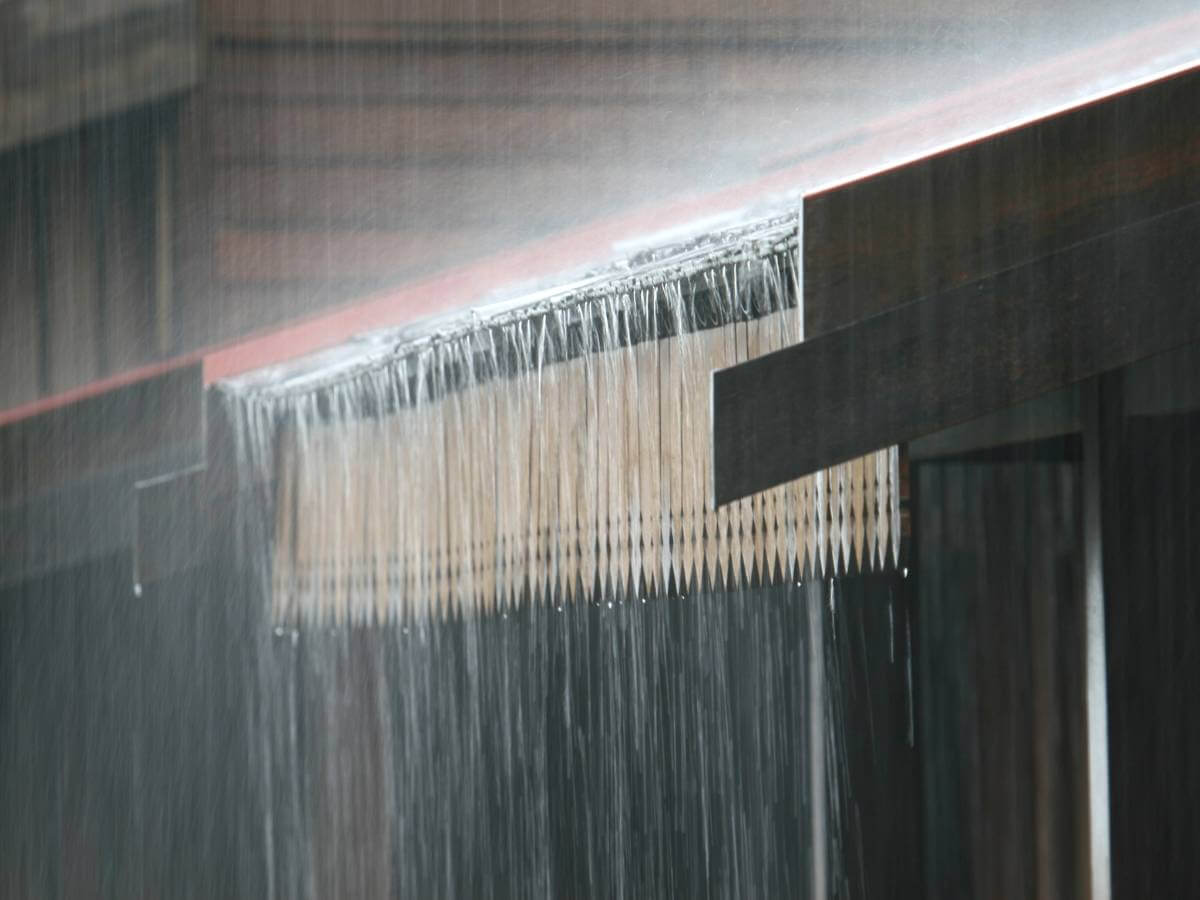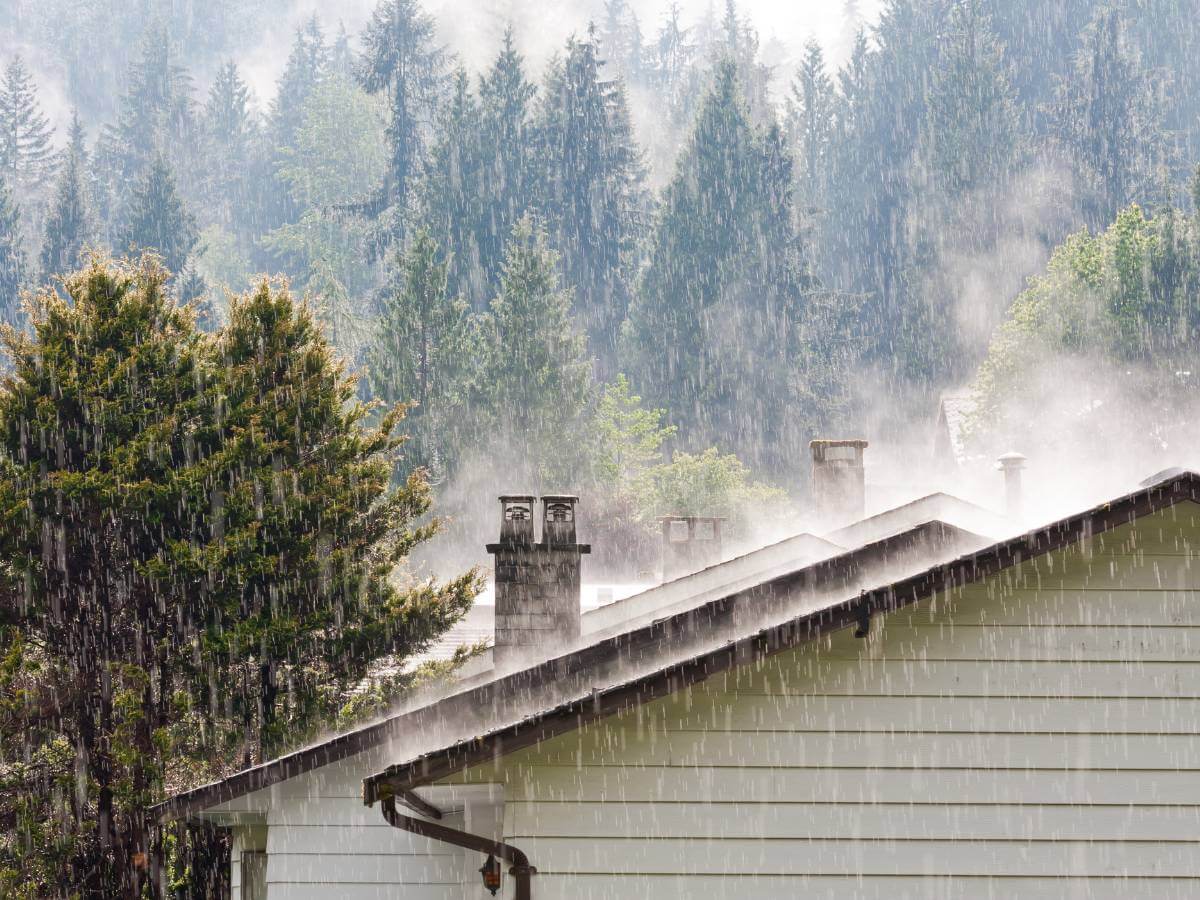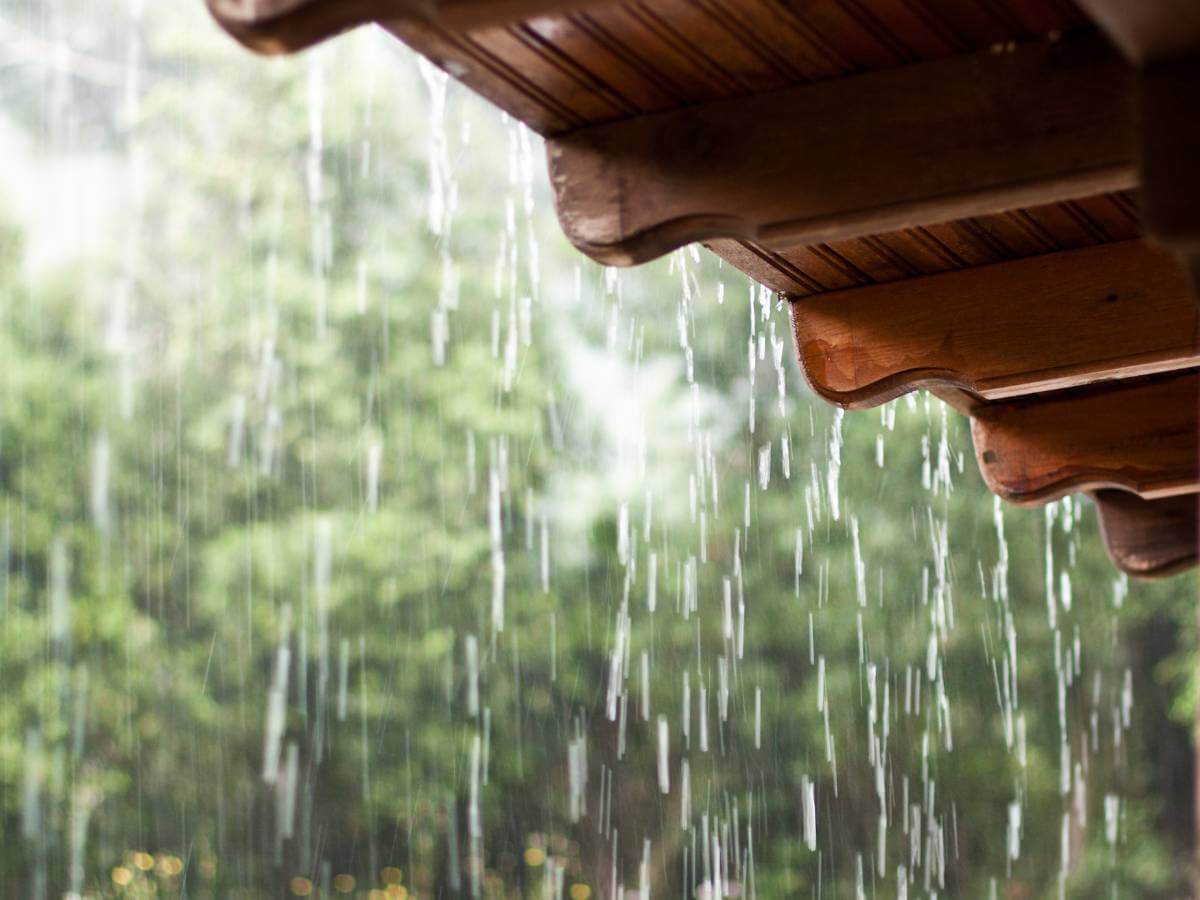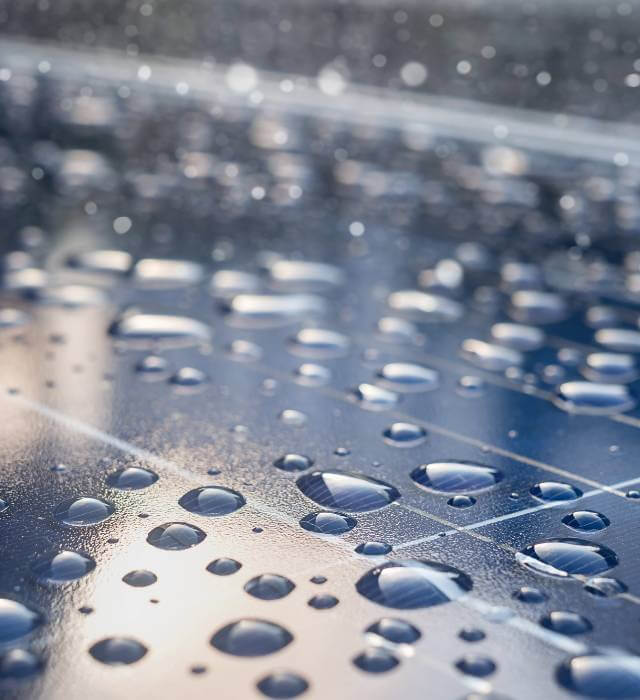
Demystifying Solar Panels in Rainy Seasons: Unveiling Myths and Embracing Truths
As the raindrops dance on rooftops and the clouds paint the sky in shades of gray, questions about the effectiveness of solar panels during rainy seasons often arise.
Common myths suggest that solar panels become practically useless when skies are overcast and rain is plentiful. In this comprehensive guide, we will debunk these myths and explore the truths about solar panels in rainy seasons, shedding light on their resilience and efficiency even when the sun takes a temporary retreat.
Myth 1: Solar Panels Don’t Work in Rainy Weather
Truth: While it’s true that the efficiency of solar panels is reduced on rainy days, they still generate electricity. Solar panels work by harnessing sunlight, and even on cloudy or rainy days, they receive diffuse sunlight. The photovoltaic cells in solar panels can convert this diffused light into electricity, although at a lower rate compared to bright, sunny days. In fact, some studies suggest that solar panels can still produce about 10-25% of their typical output on a rainy day.
Myth 2: Rainwater Damages Solar Panels
Truth: Rainwater, on its own, does not damage solar panels. Solar panels are designed to withstand various weather conditions, including rain. They are typically installed at an angle, and the rainwater helps in naturally cleaning the panels by washing away dust and debris. Rain is, in fact, considered beneficial for solar panels as it helps maintain their efficiency by keeping the surface clean.

Demystifying Solar Panels in Rainy Seasons: Unveiling Myths and Embracing Truths
Myth 3: Solar Panels Are Prone to Corrosion in Rainy Seasons
Truth: Solar panels are built to withstand different weather conditions, including rain and humidity. The materials used in the construction of solar panels, such as tempered glass and corrosion-resistant frames, protect them from environmental elements. The manufacturing standards for solar panels ensure their durability and resistance to corrosion, making them reliable even in regions with frequent rain.
Myth 4: Rain Reduces Solar Panel Efficiency to Zero
Truth: While it’s accurate that the efficiency of solar panels is lower on cloudy or rainy days, it doesn’t drop to zero. As mentioned earlier, solar panels can still generate electricity from diffused sunlight. Additionally, advancements in solar technology, such as the development of bifacial solar panels, enable panels to capture sunlight from both sides, including reflected light from nearby surfaces, enhancing their efficiency in low-light conditions.
Myth 5: Rainwater Causes Electrical Issues
Truth: Solar panels are designed with robust electrical components that are well-protected against water ingress. Rainwater, by itself, does not cause electrical issues. Proper installation by certified professionals ensures that the wiring and connections are sealed and protected from the elements. In fact, rainwater can have a cleansing effect, removing dust and pollutants from the surface of the solar panels.
Myth 6: Heavy Rainfall Can Damage Solar Panels
Truth: Solar panels are built to withstand various environmental conditions, including heavy rainfall. They undergo rigorous testing to ensure their resilience against factors like wind, rain, and hail. The structural design of solar panels, with durable materials and reinforced frames, is meant to endure heavy rain without sustaining damage.

Demystifying Solar Panels in Rainy Seasons: Unveiling Myths and Embracing Truths
Myth 7: Rainy Seasons Make Solar Energy Systems Impractical
Truth: Rainy seasons do not render solar energy systems impractical. In fact, regions with seasonal variations experience a balance throughout the year. While energy production might dip during the rainy season, it is offset by higher production during sunnier periods. This balance is accounted for when sizing solar energy systems, and overall, they remain a practical and viable source of renewable energy.
Myth 8: Rainwater Can Penetrate Solar Panels
Truth: Solar panels are sealed and encapsulated to prevent water ingress. The design and manufacturing processes include measures to ensure that rainwater cannot penetrate the panels and reach the electrical components. Proper installation and adherence to industry standards further contribute to the waterproofing of solar panels.
Myth 9: Rainy Seasons Make Solar Panel Cleaning Essential
Truth: While rainwater helps in cleaning solar panels by rinsing away dust and debris, there are cases where more frequent cleaning might be necessary, especially in areas with heavy pollution or if bird droppings accumulate. Regular maintenance, including occasional cleaning, is advisable to ensure optimal performance. However, this is not specific to the rainy season and applies to solar panels throughout the year.
Myth 10: Solar Panels Are Useless on Overcast Days
Truth: Overcast days, while not ideal, do not render solar panels useless. Solar panels can still generate electricity in low-light conditions. The diffuse sunlight that penetrates through clouds contributes to energy production, albeit at a reduced efficiency. Moreover, as technology advances, the efficiency of solar panels in low-light conditions continues to improve.

Demystifying Solar Panels in Rainy Seasons: Unveiling Myths and Embracing Truths
Tips for Optimizing Solar Panels During Rainy Seasons
- Regular Maintenance: Schedule regular maintenance checks, including inspections and cleaning, to ensure that your solar panels are in optimal condition.
- Install Tilted Solar Panels: If possible, install solar panels at a tilt. This helps rainwater to run off more easily, and it also aids in self-cleaning as debris is less likely to accumulate.
- Consider Bifacial Solar Panels: Bifacial solar panels can capture sunlight from both sides, making them more effective in low-light conditions, including rainy days.
- Invest in a Quality Solar Energy System: Choosing a reputable and reliable solar energy system with high-quality components and proper installation is key to ensuring durability and performance, regardless of the weather.
- Battery Storage: Consider integrating a battery storage system into your solar energy setup. This allows you to store excess energy generated during sunnier days and use it during periods of low energy production.
- Monitor Energy Production: Use monitoring tools to keep track of your solar energy system’s performance. This enables you to identify any issues promptly and take corrective action.
- Understand Seasonal Variations: Be aware of the seasonal variations in your region and the impact they might have on energy production. This awareness helps you make informed decisions about your energy needs.
- Explore Other Renewable Energy Sources: In regions with extended periods of inclement weather, consider complementing your solar energy system with other renewable sources, such as wind or hydropower, for a more balanced and reliable energy supply.
Conclusion
In conclusion, the myths surrounding solar panels and rainy seasons often stem from a lack of understanding of the technology and its capabilities. Solar panels are designed to be robust and versatile, capable of harnessing energy even in less-than-ideal weather conditions. Understanding the truths about solar panels in rainy seasons empowers individuals and businesses to make informed decisions about adopting and maintaining solar energy systems. Rainy seasons should not be seen as an obstacle but rather as a part of the natural cycle that solar panels are well-equipped to navigate. Embracing the truths about solar panels in rainy seasons contributes to a broader understanding of their potential and reinforces their role as a reliable and sustainable source of clean energy.
